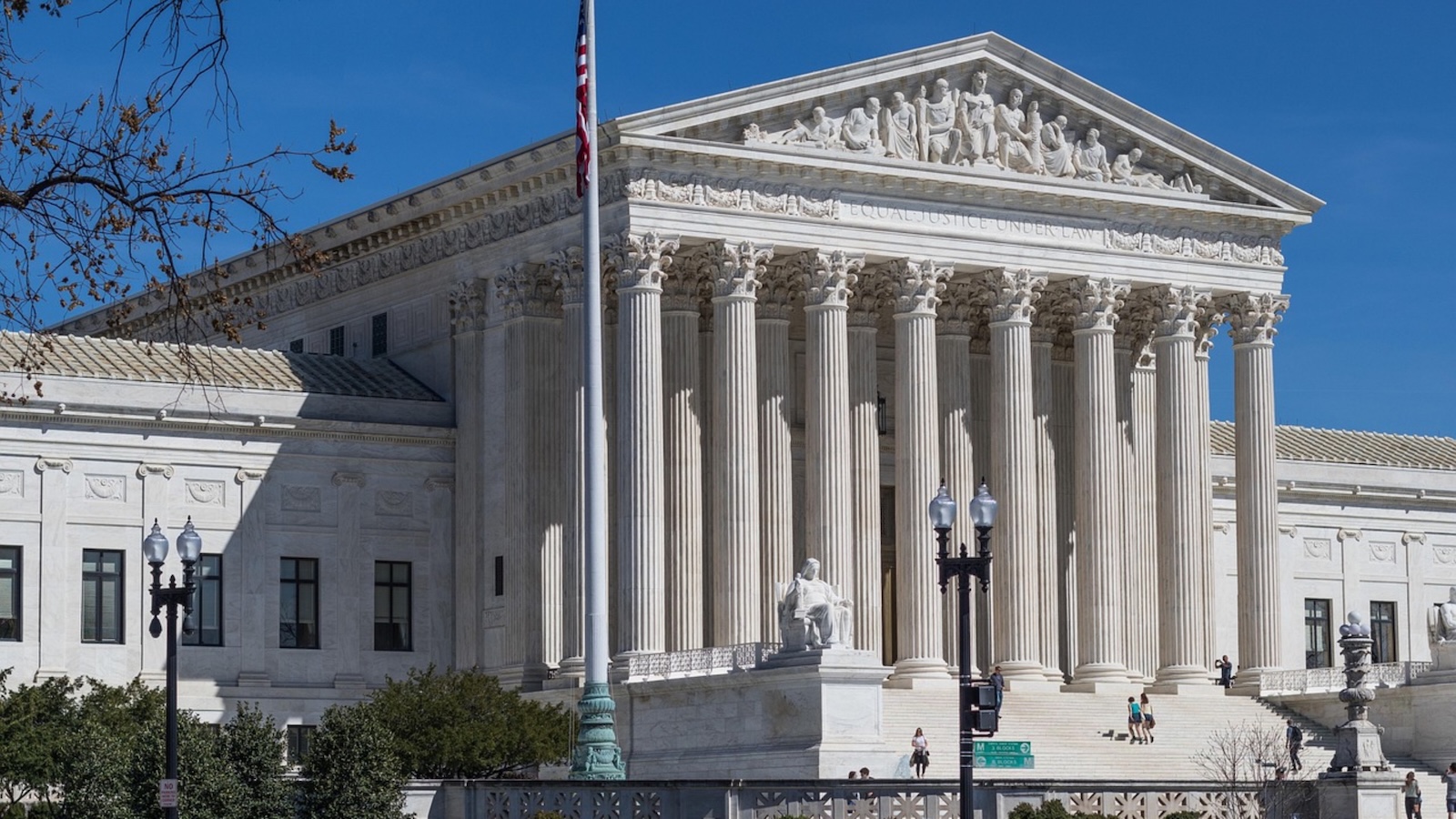US Supreme Court allows Trump to block trans people from changing passport gender markers
The ruling comes as the Supreme Court considers whether to hear a separate case that could undo same-sex marriage rights
By Callum Wells

The US Supreme Court has temporarily allowed the Trump administration to stop trans and non-binary people from updating their passports to reflect their correct gender identity.
Issued by the court’s conservative majority, the emergency stay suspends lower court orders requiring the State Department to let applicants choose M/F/X markers that align with their gender. The policy is being challenged in Orr v. Trump, et al.
Justices voted 6-3 to overturn previous injunctions, with all three Democratic judges dissenting. The ruling lets the administration enforce its policy while litigation continues.
Before the directive, trans and non-binary people could update passports to reflect their gender
US Attorney General Pam Bondi welcomed the decision on X, writing: “In other words: there are two sexes. Our attorneys will continue fighting for that simple truth.”
The policy comes from a Trump executive order among a series of anti-LGBTQ+ and immigration directives. A federal judge blocked it in April 2025, requiring the State Department to allow certain plaintiffs to select the gender marker that matches their identity. That injunction was expanded in June to guarantee that trans people could legally present documents reflecting their gender.
Justice Ketanji Brown Jackson dissented, calling the Supreme Court’s move a “pointless but painful perversion.” She said: “Such senseless sidestepping of the obvious equitable outcome has become an unfortunate pattern. So, too, has my own refusal to look the other way when basic principles are selectively discarded. This Court has once again paved the way for the immediate infliction of injury without adequate (or, really, any) justification.”
Before the directive, trans and non-binary people could update passports to reflect their gender. Since the new rules, some applicants have received incorrect documents. Trans actress Hunter Schafer reported her February passport listed her as male despite requesting a female marker.
Cathryn Oakly, senior director of legal policy at the Human Rights Campaign, condemned the ruling, saying it “serves one purpose: discrimination”.
“There is no reason to change it other than malice” – Cathryn Oakly, senior director of legal policy at the Human Rights Campaign
She added: “It exists to out our transgender friends and loved ones, to make their lives more difficult, to demean and embarrass them at the border, in the airport, and throughout their daily lives. The State Department had a process in place for decades that allowed trans and, more recently, non-binary people to have documents to present that identified them appropriately. These policies worked. There is no reason to change it other than malice.”
Sean Ebony Coleman, CEO of LGBTQ+ nonprofit Destination Tomorrow, described the ruling as “blatantly unconstitutional” and “deeply demoralising” for the US trans community.
“As a Black trans man living in the United States of America, I am deeply hurt and concerned by the Supreme Court ruling,” he said. “[It is] another reminder that basic civil human rights for transgender and gender nonconfirming Americans is not a ‘mainstream issue’ for too many judges, politicians and policymakers.”
The ruling comes as the Supreme Court considers whether to hear a separate case that could undo same-sex marriage rights. The justices will review a case brought by former Kentucky county clerk Kim Davis, who refused to issue marriage licences to same-sex couples on religious grounds. If accepted, it could challenge the constitutional protections established by Obergefell v. Hodges in 2015.
